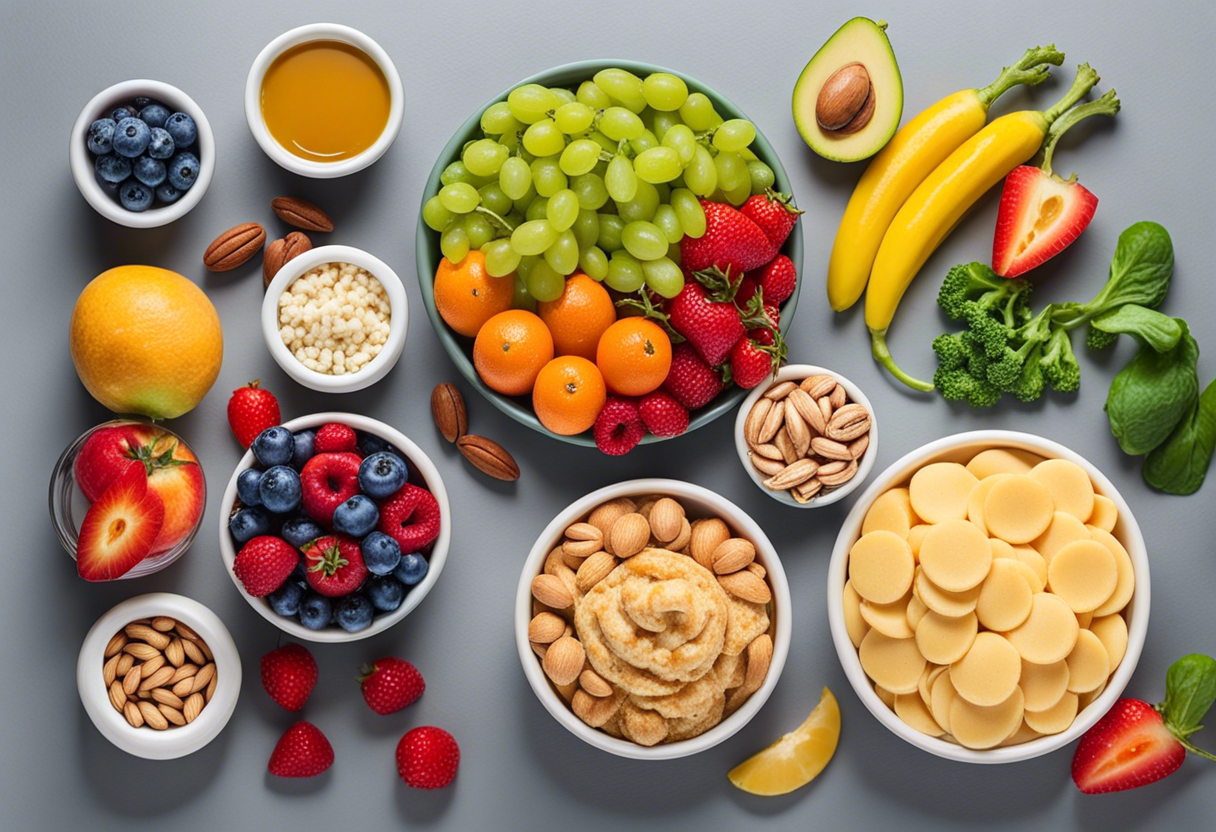Top 5 Strategies for Mastering Calorie Deficit: A Journey to Optimal Weight Loss
Despite the plethora of weight loss advice available, most successful strategies boil down to a simple concept: achieving a calorie deficit. This principle is based on the idea that to lose weight, you must burn more calories than you consume. The primary ways to reach a caloric deficit are modifying diet and increasing physical activity. The objective isn't to starve yourself but to adopt a diet plan that ensures all nutrient requirements are met, all while maintaining a calorific gap conducive to weight loss. The key is determining the right deficit without compromising your metabolism and overall health.
Tailoring a Calorie-Conscious Eating Plan

One of the most effective strategies to establish a calorie deficit is by tailoring your meals. This doesn't mean drastically cutting meal sizes or skipping them altogether. On the contrary, it's about adopting sensible eating habits that limit high-calorie foods and promote nutrient-dense, less caloric options. Start by replacing refined grains with whole grains, opting for lean proteins, incorporating plenty of vegetables and fruits, and minimizing processed foods and sugary beverages. These changes not only reduce calorie intake but enrich your diet with essential nutrients.
Amplifying Calorie Burn with Regular Exercise

Simply put, the more you move, the more calories you burn. Regular physical activity is a key player in creating a calorie deficit. Combining strength training with aerobic exercises can facilitate efficient calorie burning and promote weight loss. Aim for at least 150 minutes of moderate aerobic activity or 75 minutes of vigorous activity per week, along with strength training exercises on two or more days. Over time, this habit not only helps you achieve a calorie deficit but also promotes cardiovascular health and enhances mood.
Strategic Snacking to Curb Hunger Pangs

Navigating hunger pangs is critical when aiming for a calorie deficit, and strategic snacking can serve as your secret weapon. Instead of reaching for a chocolate bar or a bag of chips when hunger strikes, opt for healthy, low-calorie snacks like veggies and hummus, a piece of fruit, or a handful of nuts. These will satiate the hunger and provide a nutrient boost without adding too much to your daily calorie count. Remember, the aim is to monitor portion sizes and maintain an overall calorie deficit.
Hydration - The Unsung Hero of Calorie Deficit

Last but not least, remember to stay hydrated. Water plays an important role in weight loss and achieving a calorie deficit. Sometimes, our bodies confuse thirst for hunger, leading us to consume unnecessary calories. Moreover, drinking water can help temporarily increase your metabolism, enabling you to burn more calories. Lastly, replacing high-calorie drinks with water can greatly reduce your total daily calorie consumption. Consider drinking a glass of water before each meal; it might make you feel fuller and reduce your food intake.
Mindset and Patience: The Unseen Aspects of Achieving Calorie Deficit

A crucial but often overlooked strategy for mastering calorie deficit is maintaining a positive mindset and having patience. Weight loss won't happen overnight - it requires consistency, mindfulness, and time. Therefore, it's important to engage in positive self-talk, celebrate small victories, and not get too discouraged by plateaus or backslides. It's more about the journey towards a healthier lifestyle and less about the speed at which you lose pounds.